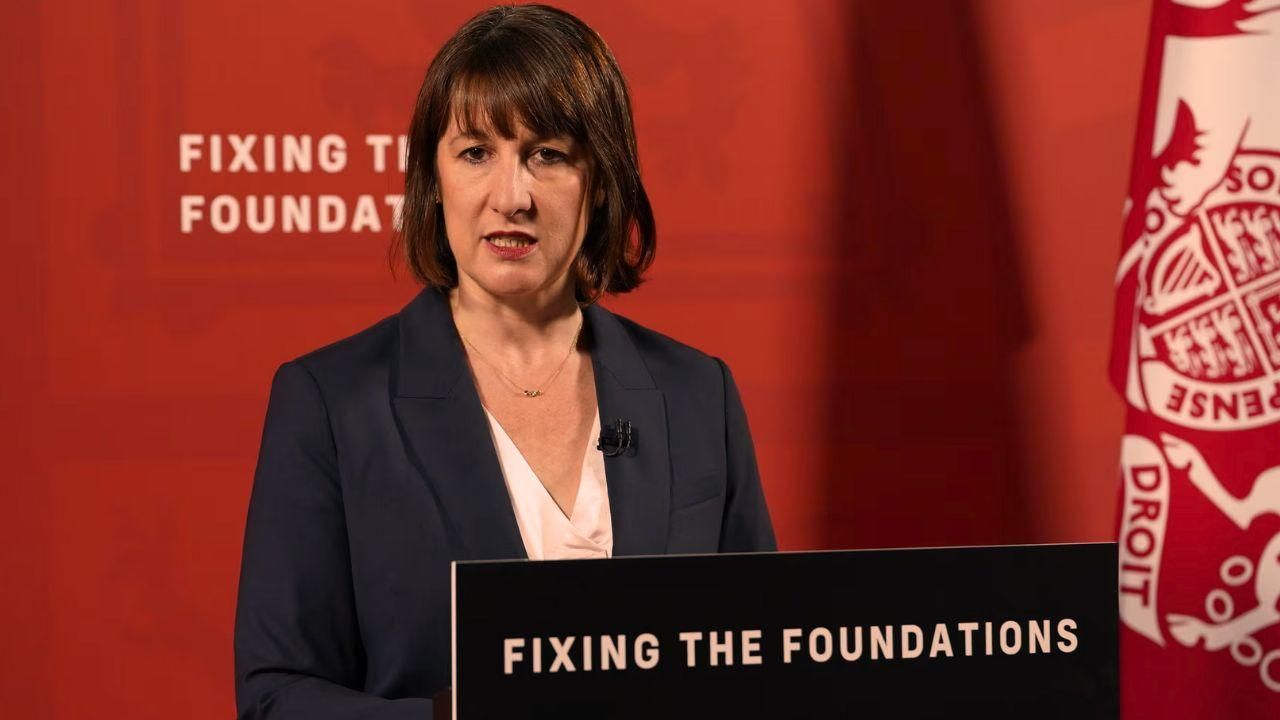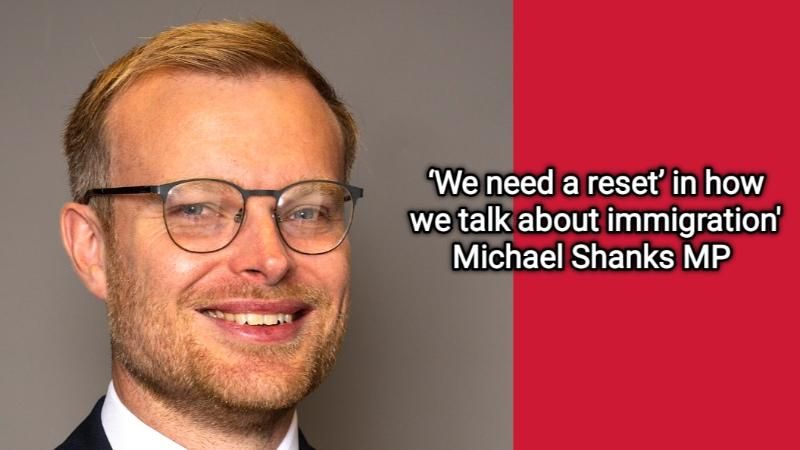As chancellor Rachel Reeves and her team formally begin the process of compiling a pivotal review of public spending, cabinet ministers have been directed to look for cost-cutting reforms and get ready for tough decisions over spending.
It is clearly evident that the chancellor intends to increase taxes and make difficult choices over expenditure and welfare during what will be a pivotal fall for the next Labour government. Along with a spending review that establishes departmental budgets for both this year and the next, she will deliver her first budget.
Despite her surprise decision last month to end universal winter fuel allowance payments to pensioners as part of plans to close what she described as a £22bn black hole in spending, it is understood £16bn is still needed to bridge the gap this year.
Darren Jones, the chief secretary to the Treasury, has now written to cabinet ministers ordering them to find reforms and deploy technology that can save cash. He has also warned that funding will only be prioritised for the “first steps” announced by Keir Starmer during the election campaign – reducing NHS waiting lists, launching a new border security command, teacher recruitment and cracking down on antisocial behaviour.
All spending requests will be tested against whether they will help deliver these priorities by the new “mission boards” already set up in Whitehall by Starmer. While insiders would not be drawn on whether departments are being asked to draw up cuts, the demand for reform and innovation suggests some will be asked to provide the same services for considerably less in some areas.
“The Labour government will have to take difficult decisions about where to spend money because of the state of the public finances left by the Conservatives,” claimed a Whitehall source. “We are taking the tough decisions now so we can fix the foundations and deliver on the mandate of change we were elected on to rebuild Britain.”
Reeves has already suggested that spending plans are off course and would breach Labour’s fiscal rules without drastic action. Labour has pledged to have a balanced budget in terms of day-to-day spending, as well as having debt falling in five years’ time.
She is planning to slash fraud and error from the welfare system, and to cut down on government consultancy contracts. But those moves alone will be far from enough to make the savings or revenue increases she is seeking. Capital gains tax, relief on pension contributions and inheritance tax have all been raised as possible cash-raising targets. Reeves has also refused to rule out tweaking fiscal rules in a way that would give her slightly more room for investment spending.
A Treasury spokesperson said: “The chief secretary has now written to departments, kicking off the spending review process to fix the foundations, so we can rebuild Britain and make every part of the country better off.”








.svg)



